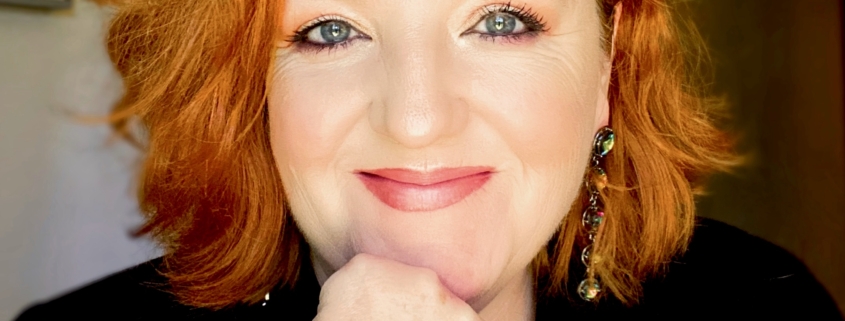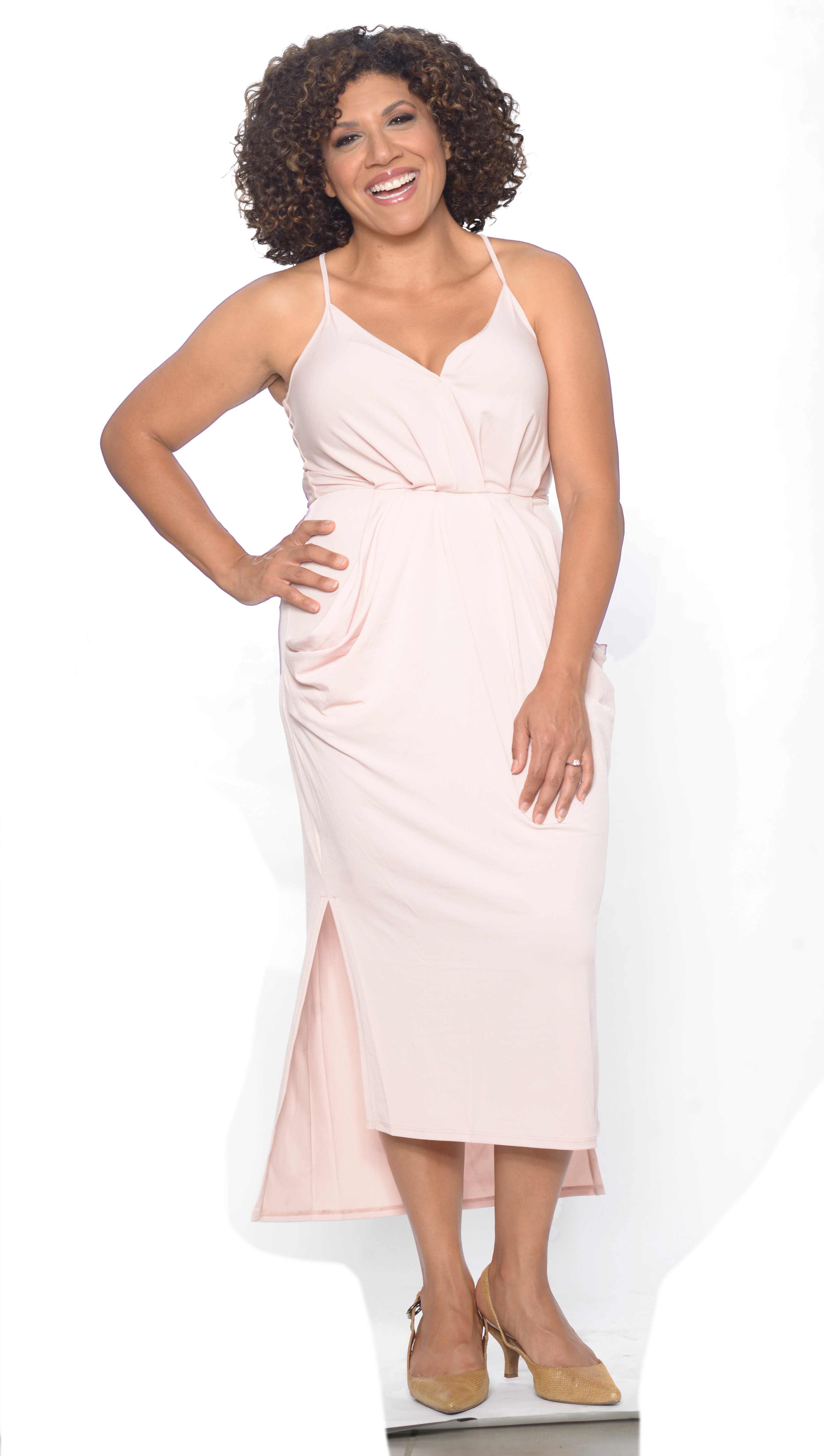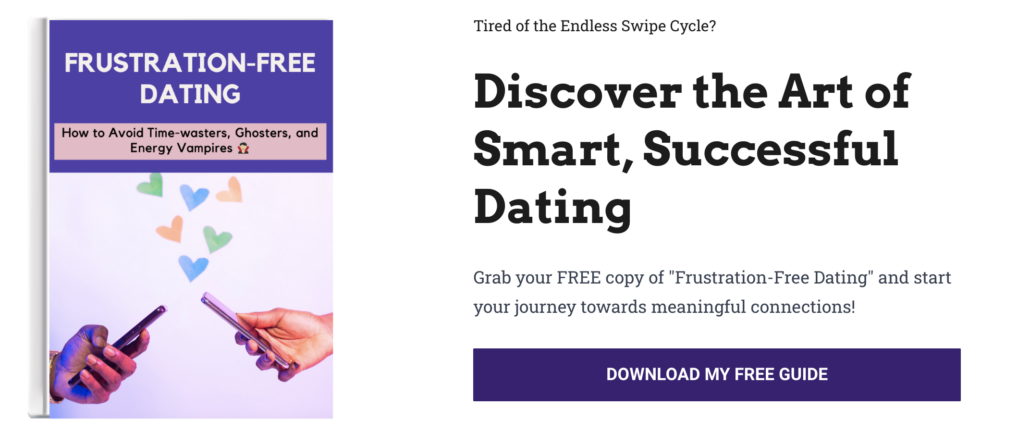Design Your Relationship & The Talking Stage
Do you ever feel like traditional dating and relationships just won’t work for you? Or maybe they do work for you, but the timeframe when you can date and connect is narrow? Does it hold you back?
Well, today’s guest is Damona’s good friend – freelance writer and Certified Life, Love and Dating Coach, Deb Besinger. She is here to let you know that times are a changin’ and that now’s the time to “design your own relationship.”
DATING DISH (1:36)
(1:36) Is the economy what’s actually keeping you single?: Business Insider dropped some knowledge on us in this recent article, explaining how our economy is really set up to more highly benefit married couples over singles.
So let’s get educated. The article points out the many aspects of life in which married couples have advantages – tax breaks, social security savings, and even social circles (when you’re single, you spend more money on your own going out with friends or buying gifts for loved ones). They also drop some recent data on home ownership provided by Bank of America, stating that about 65% of single women said that they would rather not wait until they were married to buy homes.
In terms of dating, some single women are even worried that owning their own home sends a message to men that they don’t have space for them in their life, because home ownership must mean they’ve already got everything figured out. And all this isn’t even taking into consideration the wage gap between men and women, and then further between white women and women of color. All of these factors not only reflect societal standards from a rather bygone era, but they add up to one upsetting deficit on behalf of singles – lack of financial control.
Considering all this, Damona states that you don’t necessarily need to be married or in partnership, to have someone to lighten the load. She proposes that women and other singles join to form single pods, where you can buy things in bulk (hello, Costco) and split the cost of other expenses. This also gives you more power to choose the people that you spend time with and decide to make a part of your single life.
(7:10) The newest form of dating torture: Glamour Magazine came out with an article last week describing the talking stage. According to this article, the talking stage is a label coined by Gen Z to describe a maddening, undefined early stage in many relationships.
Damona thinks this is really cute because Gen X and millennials have been saying “talking” forever. But regardless of your age, you get it right. This is like, “we’re talking, but we’re not dating.”
Although Glamour makes this phase of dating seem unbearable and confusing for most people, Damona believes that “the talking stage” is actually a very necessary part of the dating process, and one that you shouldn’t run away from. “This is more what I call the screening stage to the people who are in my program. But the screening stage then has to move into some sort of definition.”
The article also makes mention of another relationship buzz word, which is the “situationship.” Although a situationship may be more defined and have some level of commitment (because you technically have to be *in* a situationship), what further separates this from “the talking stage” is that a situationship is something you don’t want to be in.
So Damona votes that we all skip over the situationship phase, and that we get to a period of definition after the talking stage more quickly. Embrace defining the relationship and leaving the ambiguity behind, and this may mean embracing a different definition than any relationship you’ve had in the past.
Additionally, be sure to have clarity on three questions: what do I want, what do they want, and have we talked about it. You are in control of your dating destiny. So if you dislike ambiguity, end it.
Check out Damona’s Free Profile Starter Kit here, to take more control of your dating destiny.
DEB BESINGER (12:35)
Deb Besigner is a freelance writer and Certified Life, Love and Dating Coach. She is the founder of Kiss of Perspective, her coaching program where she teaches clients how to “design their own relationship.”
Deb is also the author of Bound and Gagged by Christianity and the Sins that Set Me Free – her personal story of leaving fundamental Christianity and finding the religion of love.
(14:05) People’s relationship goals are shifting: Deb has been in the business of romantic coaching for eight years and she has seen a shift in how singles are dating. Deb says that many people are finding empowerment in learning how to be alone and that this process may have been sped up by the pandemic and the resulting lockdowns.
Deb explains how she sees people becoming more conscious and realistic about the amount of time they have to date intentionally. She reveals how she fosters this in her 10 week coaching program by asking members not to date for the first 8 weeks. That’s right, y’all read that right, the first 8 weeks.
Deb talks about how so many people feel pressured by traditional relationship timelines. Her goal is to help people slow down and become more aware of what life with a partner ideally looks like to them – in your perfect world, how do you spend your time? And how does the partner factor into that? Do you want to share a friend group, or are you okay having separate circles of friends? What works for you?
(17:09) Design the relationship you want:
Wait… Deb’s clients don’t date for the first 8 weeks of her 10 week program? What do they do in the meantime?
Deb lays out for Damona that “they’re getting really clear on what they want, what makes sense for them, what they have to offer, and getting rid of the stories in their head… “In my program, we’re really taking the steps to get you in that ideal place and to get really clear on what you want. And part of that is asking, what kind of relationship do you think is going to work for you?”
Damona brings up a recent article in the New York Times, about the relationship concept of “living apart together,” where couples don’t necessarily need to live together in the same space, or even the same country, to be together long-term. This idea totally aligns with Deb’s philosophy of leaving conventional relationship models behind. She says that “designer relationships” (meaning you forge your own relationship model) are becoming more common. “We’ve all gotten very used to video chatting whether we wanted to or not these last couple years, including planning a virtual date – you can still do that with a partner that’s far away.”
Deb does note that designer relationships do take a bit more intentionality and emotional intelligence to really make them work, since the distance makes it necessary to communicate more and keep checking in. But if we have the capacity to create the life we want, why wouldn’t we have the power to create the relationship we want in the same way?
(22:52) The feminine and the masculine: Along with goals and values, people’s exploration of gender roles and identities have been expanding as well. Deb believes that letting go of traditional gender dynamics is also key to attracting a match who will like you for your authentic self.
Deb goes on to say that many of her male clients identify or lean towards demisexual, meaning they need the emotional connection before they can get intimate with someone. But because society has told them that prioritizing emotion invalidates their masculinity, it’s hard to let that authentic part of themselves thrive.
Deb continues, “one thing I say often when that subject comes up is, if women were all feminine all the time, and men were all masculine all the time, the men would beat each other up and kill each other, and the women would be in puddles on the floor crying. We all have to balance both of these things all the time… to say that just because you were born a certain way, you therefore have to have these characteristics, is ridiculous.”
Bottom line: we have more freedom now than ever to explore what feels authentic to us. So take advantage of the opportunity, and don’t be afraid to listen to your gut.
(27:20) Turning up the heat:
Damona adds, “I believe there’s value in understanding the various parts of ourselves. And sometimes we need to turn up the volume on certain parts. And sometimes we need to turn down the volume on others.”
For instance, if you decide to go on a lunch date during your work day, your mind would most likely still be in work mode. You might be thinking about what you will have to go back to. Although this is technically presenting an authentic part of yourself, it’s not ideal when you’re getting to know a potential partner.
So, If you have to make the transition from work to a date, Deb recommends having a jam song that you can sing at the top of your lungs beforehand (even if it’s in the car on the way there). On top of that, Deb suggests changing one thing about your appearance – maybe take a tie off or change your shirt, or put on your best lipstick and jewelry. Both of these tips help your brain to recognize that you’re shifting into a different mode of energy.
(29:19) Bound and gagged by Christianity:
Deb’s book, Bound and Gagged by Christianity, is all about navigating her own path of life and love after leaving her fundamentalist Christian Church. Deb recounts getting married very young at 23 years old, and that this marriage was sort of an arranged marriage. She explained that in her community, you didn’t really date anyone unless you thought that you were going to marry them.
Divorce was also a concept that the church thoroughly rejected. “It took my ex-husband being really bold and brave to say, you know, we just can’t keep on. And I’m grateful for that, actually, because I decided that I could redesign my life.”
Another thought remained in Deb’s head after her divorce – “Gosh, I’d really like to have sex”. Her strict upbringing had prevented Deb from exploring her sexuality. Her husband was the only person she had ever been intimate with. She needed to unlearn the stories the Church had taught her about purity and consent. Doing this for herself led Deb to her current religion, which is the religion of love.
Check out all of the dating help Deb offers, plus more info on private coaching, on her website https://www.kissofperspective.com/.
DEAR DAMONA (37:12)
Submit your questions on Instagram, Twitter, or Facebook and hear our answers live on the show! Here’s what our listeners asked about this week:
- Email from S – Hi Damona. My question for you is, when is the best time to come forward and tell a man that I’m Dyslexic? It’s no joke, it’s been a struggle my whole life. I’m no dummy but just a slow reader and an awful speller (thank God for spell-check and audiobooks). I am a professional Esthetician and have been self employed for 20 years. I know how to work around it and most of my clients don’t have a clue, but when it comes to an intimate relationship I can’t hide it. I feel like I’ve explored every option – not telling is definitely a bad idea, but telling too soon can be a slippery slope. I’ve never been married and I always feel like this Dyslexia has put off some dates & a couple of ex-boyfriends. I would love to meet a man that will be understanding and patient. I took the last two years off after a ugly breakup and now I feel like trying. At 51, I have shied away from starting any dating apps because of setting up my online profile and fast past of texting.
Email from N – What if you connected on your first date, and then spent the night together? At 50 I feel old enough to make a decision like this. Is it bad to not slow down? Does it always blow the relationship? What’s the statistic? What’s a good timeline and what do you say to that person?
DAMONA’S DEALS
- Download the OkCupid Dating App for free today!
- Click here to try Damona’s free First Date Starter Kit!














